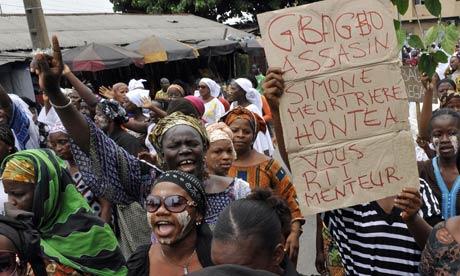sub-Saharan Africans
Posts com a etiqueta sub-Saharan Africans
Arquivo
Autor
- administrador
- adrianabarbosa
- Alícia Gaspar
- arimildesoares
- camillediard
- candela
- catarinasanto
- claudiar
- cristinasalvador
- franciscabagulho
- guilhermecartaxo
- herminiobovino
- joanapereira
- joanapires
- keitamayanda
- luisestevao
- mariadias
- marialuz
- mariana
- marianapinho
- mariapicarra
- mariaprata
- martacacador
- martalanca
- martamestre
- nadinesiegert
- Nélida Brito
- NilzangelaSouza
- otavioraposo
- raul f. curvelo
- ritadamasio
- samirapereira
- Victor Hugo Lopes
Data
- Dezembro 2025
- Novembro 2025
- Outubro 2025
- Setembro 2025
- Agosto 2025
- Julho 2025
- Junho 2025
- Maio 2025
- Abril 2025
- Março 2025
- Fevereiro 2025
- Janeiro 2025
Etiquetas
Mais lidos
- Maneiras de Ver: Empregadas Domésticas e Mulheres-a-dias em Portugal
- A Cidade Invisível:
- O Agente Secreto
- Kriolu Ku Gii ao vivo em Assomada – Debate sobre a Oficialização da Língua Cabo-verdiana
- TEATRO MERIDIONAL PROMOVE AS JORNADAS DE REFLEXÃO SOBRE O IMPACTO DA DESCOLONIZAÇÃO NAS ARTES PERFORMATIVAS
- Rito de Transição: Corpo T
- Deep time Soundings / Escuta do Tempo Profundo Palestra-Performance de Margarida Mendes
- Casa 75, Branca Clara das Neves
- Assédio nas Artes Performativas em Portugal
- À volta da Chama: uma conversa para celebrar o lançamento da revista Chama Rubra — Issue 01 Twinkle Twinkle

